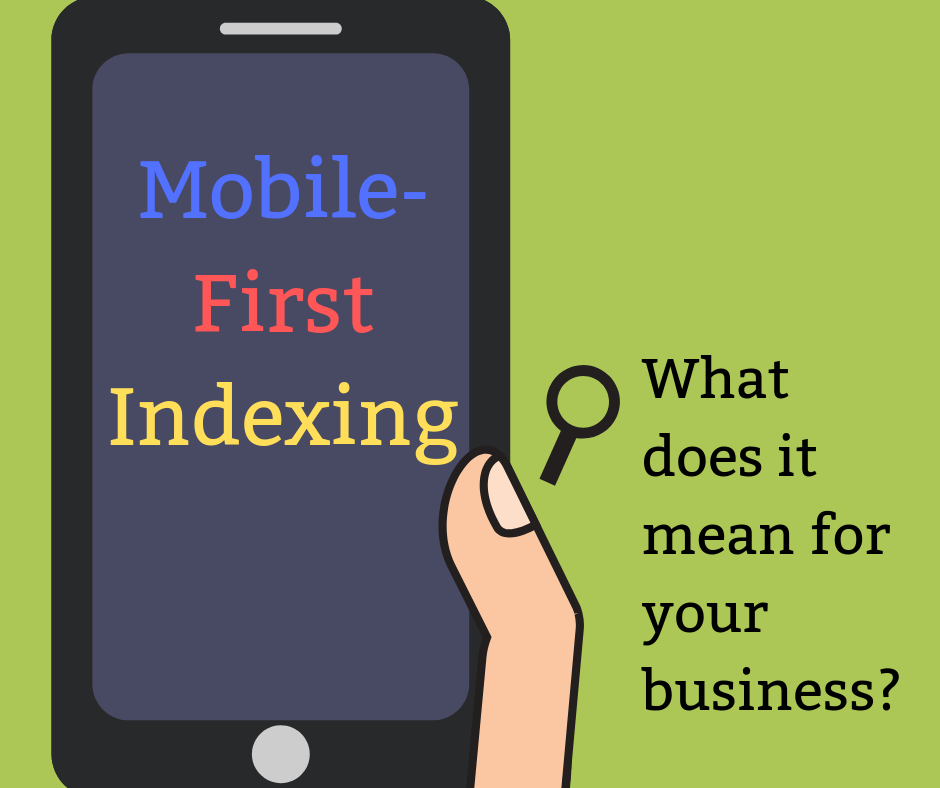What would you do if, all of a sudden, your brand new, freshly designed and SEO optimized site fails to show up in Google when people were searching for your specific business, industry, or product? That could easily happen next month to new websites across the internet, thanks to a major change coming from Google called mobile-first indexing.
Starting July 1, 2019, Google announced that it will default to mobile-first indexing for all new sites. This is a fundamental change to how Google has crawled websites, so it’s important to know what it means for your business website. This might get a little technical, so hold on!
- With the vast majority of web traffic coming through a mobile device these days, it’s only logical that Google rewards sites that perform well on mobile.
- The change on July 1 only applies to sites that are new to the web, or have never been crawled by Google. Your existing site will still be indexed by Google the way it has been.
- NO CHANGE: Sites that use automatic screen scaling (responsive web design) or canonical AMP (Accelerated Mobile Pages) so all web pages are developed mobile first, are not affected.
- NO CHANGE: Sites that do not have a mobile version and are desktop-only are not affected, as their mobile site content is the same as their desktop site.
- CHANGE: Sites that have separate desktop and mobile versions with different urls (sometimes called m-dots) and different content depending on device type (dynamic serving) will be indexed mobile-first moving forward.
- CHANGE: Sites that have AMP and non-AMP page versions will default to the AMP version for Google indexing.
What is indexing?
It’s how Google crawls the web. Every site that Google ‘crawlers’ find is put through a set of tests and reviews that influence ranking factors. That hasn’t changed. What is changing is that Google will now look at the mobile version of your site, not the desktop version. Mobile SEO will take priority, so mobile URLs and mobile friendly content will perform more strongly for your desired search results. Even before this change was announced, over 50% of sites indexed by Google have already been switched over to mobile-first indexing.
Why does this matter?
If you launch a new website with different desktop and mobile versions of your pages, you will likely have a difficult time ranking in Google unless you ensure the content is consistent across all device types, especially mobile devices. If you have an existing site that doesn’t have the same content on both your desktop and mobile versions, you could see a drop-off in your Google rankings after July 1, 2019.
For tips from Google about how to prepare your site for this change, please see their developer site on the topic.
At SPM, sites we create for clients utilize responsive design, so pages scale based on the size of the screen they are viewed on. This method ensures that no matter how a web visitor finds our clients’ sites, they have a good experience, and Google is able to index the content mobile-first without issue or penalty.
If your website is not utilizing responsive web design for mobile users and you are concerned about SEO after July 1, please contact SPM today, and let’s talk about how we can make your site mobile-friendly, user-friendly, and of course Google-friendly!





0 Comments